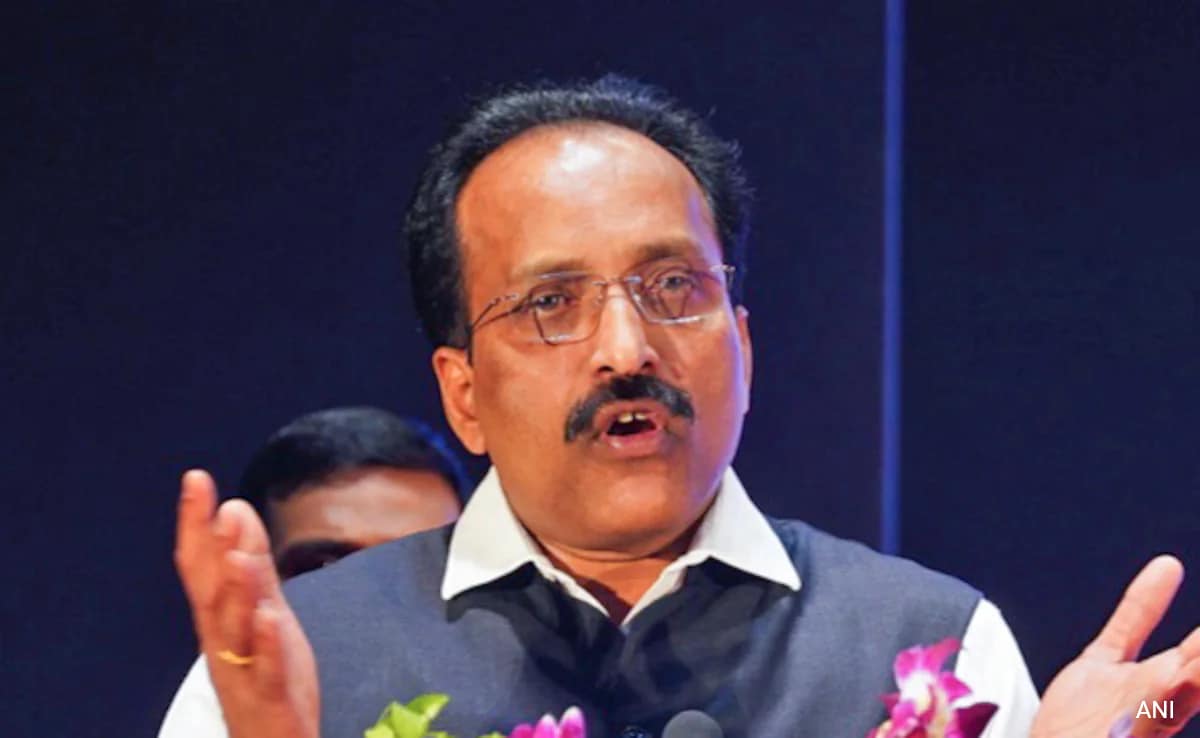
United Nations Secretary-General Antonio Guterres on Monday called for reparations for the transatlantic slave trade as a way to address the legacy of today’s societies, including systemic racism.
From the 15th to the 19th centuries, at least 12.5 million Africans were kidnapped, forcibly transported by European ships and traders, and sold into slavery. Those who survived the brutal voyage ended up toiling on plantations in the Americas, primarily Brazil and the Caribbean, while others profited from their labor.
In a statement marking the United Nations International Day of Remembrance for the Victims of Slavery, Guterres said the past “laid the foundation for a system of violent discrimination based on white supremacy.”
“We call for a reparative justice framework to help overcome generations of exclusion and discrimination,” Guterres said.
In September, a United Nations report recommended that countries should consider providing financial reparations to compensate for slavery. The idea of paying reparations or other compensation for slavery is old, and the movement is gaining momentum around the world.
Hilary Beckles, chair of the Caribbean Community Political and Economic Union (CARICOM) Reparations Commission, told the UN General Assembly: “This movement will ultimately mark the collective victory of humanity, the victory of good over evil.”
The CARICOM Reparations Commission was established to seek compensation from former colonial powers such as Britain, France and Portugal, including debt cancellation and support in responding to the public health crisis.
A poll released on Monday by the Restoration Movement, which develops a socio-economic reparations scheme for Caribbean Community countries, showed that four in 10 Britons agreed the Caribbean should receive financial reparations, while three in five believed a formal apology was due.
Viren Shepherd, director of the Center for Reparations Studies at the University of the West Indies, said it was “time for Britain and other former and current colonial powers to acknowledge their responsibility”.
Follow us on Google news ,Twitter , and Join Whatsapp Group of thelocalreport.in
















